Wednesdays: Werner Herzog
Es ist keine Überraschung, wird für mich durch Waffen abgedruckt
Sponsored byThe Goethe Institute and the Center for Interdisciplinary Research on German Literature and Culture
by Grant Rotskoff
Werner Herzog is primarily known in the United States for his documentary work. His fiction filmography, though, has long been a staple of art-house cinemas throughout the world. Herzog's tumultuous career has both felt the force of failure and also been padded by the luxuries of tremendous success. The motivation for this series of films, however, is not to simply revisit the director's greatest hits, eliding the unappreciated films of his catalog. Rather, the goal is to construct a chronology of his fictions. As a member of the Oberhausen group, a collective of directors identified with the "New German Cinema," Herzog committed himself to the pursuit of artistic excellence, rejecting commercial mandates and, for the most part, commercial success. The focus on producing great, mysterious art, perhaps gave rise to the interfilmic continuity that emerges from considering this collection of films as one.
Revelation is central tenant of Herzog's work. He, both in fiction and non, has sought to uncover what he refers to as the "ecstatic truth." His efforts are exploratory, questioning. Herzog writes, "WE MUST ask of reality: how important is it, really? And "how important, really, is the Factual?" By making films that explore the horrible and confounding parts of reality, Herzog has succeeding in eliciting both physical and emotional responses with his art. At the same time, he severely discounts verité "as the truth of accountants." His fiction thus invites "a kind of truth that is the enemy of the merely factual." The goal of producing these ecstasies has been with the director his entire career. Indeed, it has given rise to a deep continuity among his films. He returns to his early work with sounds (Bad Lieutenant and Stroszek), actors (Klaus Kinski, Bruno S. ), and images (circling cars, ski–jumps, roosters). Whether or not his movies contain even an ounce of truth is up for debate. That they exhibit a thrilling mystery is undeniable.
2013-04-03 @ 7:00 PM
Signs of Life
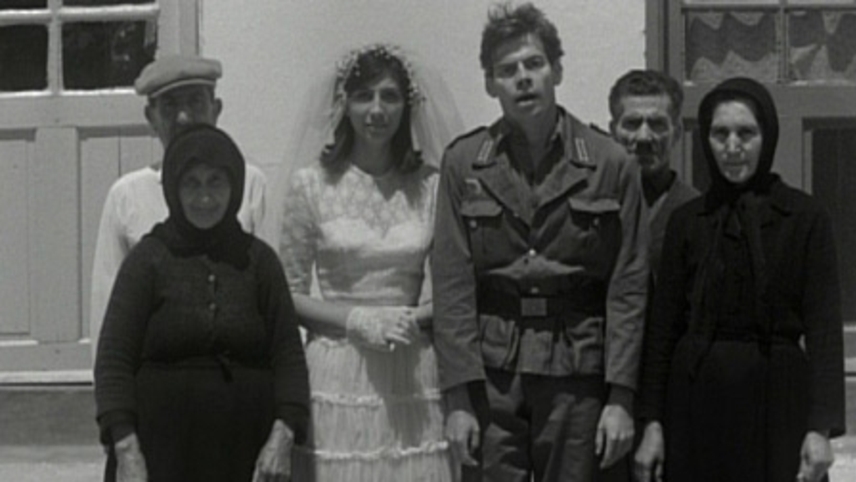
(Werner Herzog, 1968) · The director's first feature focuses on an extreme case of cabin fever. Three young soldiers are isolated on the Mediterranean island Kos after the army withdraws them from combat. As their time slowly passes, Stroszek (Peter Brogle) becomes increasingly delirious. Many scenes became fodder for Herzog's interfilmic project, grounding references for his later fiction films. The narrative is loosely based on a short story by Achim von Arnim.
runtime: 87 min format: 35mm
2013-04-10 @ 7:00 PM
Even Dwarfs Started Small
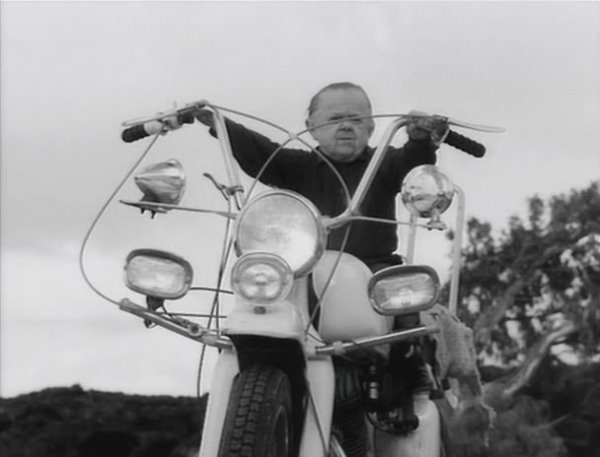
(Werner Herzog, 1970) · The director has claimed that this film provides the most compelling evidence of his title-writing talent. Perhaps something is lost in translation. The loose narrative follows a community of dwarves as they liberate themselves from an oppressive hospital environment. After gaining control of their infirmary, the dwarves begin an anarchic display of their newly found freedom. The cyclic imagery that haunts many of Herzog's later films likely began here.
runtime: 96 min format: 35mm
2013-04-17 @ 7:00 PM
Aguirre, The Wrath of God
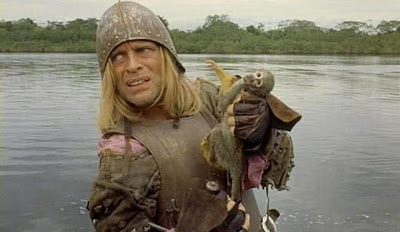
(Werner Herzog, 1972) · The director's first commercial success, Aguirre catalogs the titular conquistador's (Klaus Kinski) adventures through the Amazonian wilderness, searching for what else but El Dorado, the legendary city of gold. Kinski, who became a longtime Herzog collaborator (though the two were on unfriendly terms for much of their time together) descends into madness as he becomes increasingly frustrated with the his increasingly fruitless search.
runtime: 90 min format: DCP
2013-04-24 @ 7:00 PM
The Enigma of Kaspar Hauser
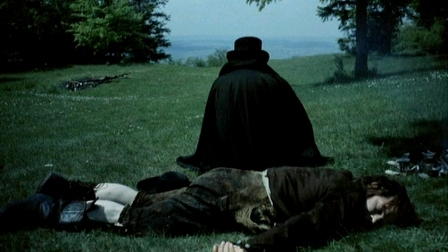
(Werner Herzog, 1974) · This is the story of Kaspar Hauser, who purportedly was kept in total darkness and complete isolation for the first decade of his life. According to legend, the teenaged boy appeared on the streets of Nuremberg with a letter describing his situation. Herzog's rendition relies on the similarly mysterious star (Bruno Schleinstein) a nomadic street musician who would go on to work with the director frequently.
runtime: 110 min format: 35mm
2013-05-01 @ 7:00 PM
Heart of Glass
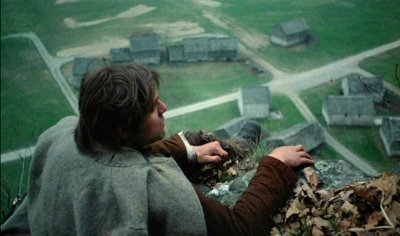
(Werner Herzog, 1976) · The main character in this odd, little-known film is based on a German peasant and local prophet called Muhlhiasl. A striking exemplar of one of the director's central themes, namely, that of collective madness, the film describes the increasing instability of an entire village following the death of a glass blower. But, in the end, perhaps the most curious aspect of this movie is the fact that the entire cast was hypnotized during production.
runtime: 94 min format: 35mm
2013-05-08 @ 7:00 PM
Stroszek
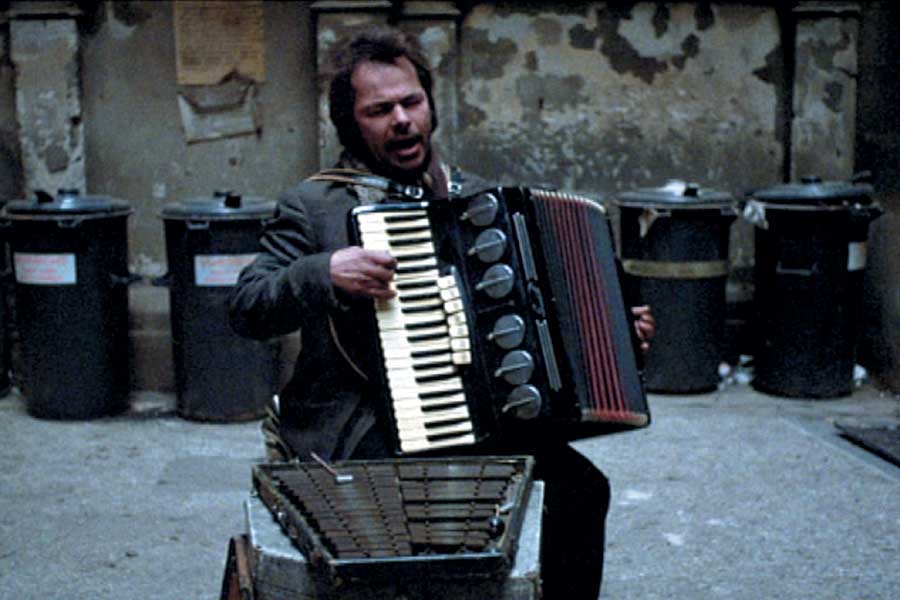
(Werner Herzog, 1977) · Subtitled "A Ballad", Stroszek tells of a distant glockenspiel player, Bruno (Bruno S.), who essentially plays himself. After consoling a prostitute in Berlin (Eva Mattes), Bruno becomes involved with her, and the two decide to move to America. The bulk of the film chronicles their attempts, sometimes half-hearted, to overcome their poverty in rural Wisconsin. Herzog's eye for strange Americana is sculpted to echo imagery from his earlier German films.
runtime: 115 min format: 35mm
2013-05-15 @ 7:00 PM
Nosferatu the Vampyre
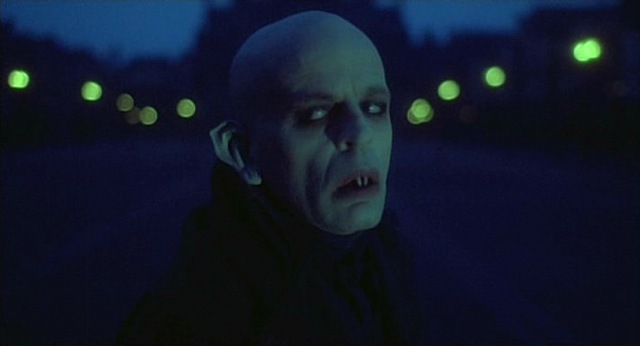
(Werner Herzog, 1979) · Klaus Kinski plays Count Dracula, marking the actor's second collaboration with Werner Herzog. The film pays homage to F.W. Murnau's classic silent picture of the same name, but updates the narrative significantly. While staying within the bounds of Bram Stoker's original story, the movie exudes Herzog's stylistic flair. However, the plot is more structured than many of his previous works, one reason for its relative commercial success.
runtime: 107 min format: DCP
2013-05-22 @ 7:00 PM
Woyzeck
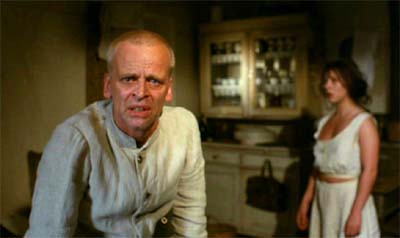
(Werner Herzog, 1979) · Based on an unfinished stage play by George Bucher, this third film collaboration between actor Klaus Kinski and Werner Herzog focuses on the tormented and mad existence of a low ranking soldier named Woyzeck. An illegitimate child thought dull by the other provincials, Woyzeck becomes the choice candidate for a local doctor's medical experimentation. Things take a turn for the extreme when the doctor orders him to eat nothing but peas.
runtime: 82 min format: 35mm
2013-05-29 @ 7:00 PM 10:00 PM
Fitzcarraldo
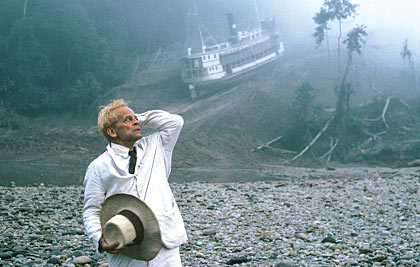
(Werner Herzog, 1982) · Among the most ambitious films ever made, and a testament to the maniacal drive of its director, Fitzcarraldo centers around the title character's determined, insane efforts to pull a steamboat over a mountain in order to access a rich supply of rubber. Herzog himself became driven to actually replicate this feat, a move which caused incredible friction between himself, the crew, and reality. The director managed to prevail; the result is stunning.
runtime: 158 min format: 35mm
2013-06-05 @ 7:00 PM
Bad Lieutenant: Port of Call, New Orleans
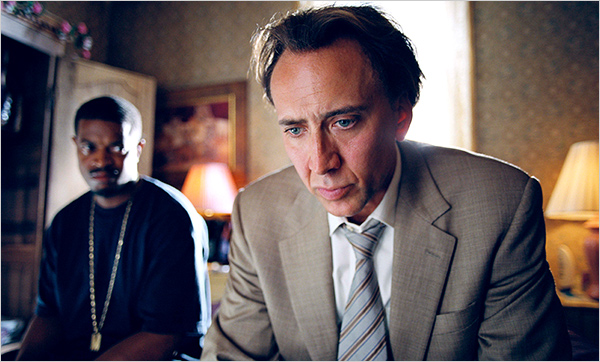
(Werner Herzog, 2009) · Neither an adaptation nor a remake of Abel Ferrara's 1992 film of the same name, this is one of the few films Herzog directed but didn't write. errence McDonagh (Nicolas Cage), a particularly immoral police lieutenant, turns progressively less moral while trying to get his fix for a back pain-inspired narcotics addiction. Sharing little stylistically with his other films, Bad Lieutenant recalls Herzog's earliest work with its choice music samples.
runtime: 122 min format: 35mm



